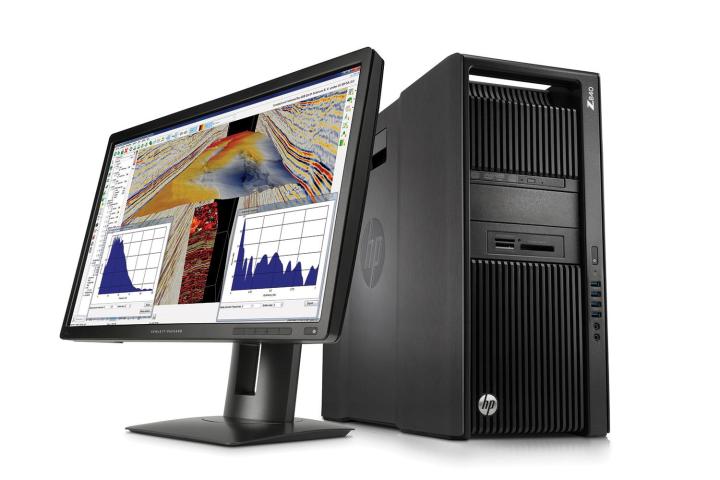
For the umpteenth quarter in a row, PC sales around the globe have continued to decline, and the trend doesn’t look to be slowing.
According to a recently released report from the International Data Corporation, annual sales of personal computers are estimated to slump again, despite the end of Windows XP support driving a slight spike in purchases at the tail end of 2014.
“Worldwide PC shipments are expected to fall by -6.2% in 2015,” read the IDC’s report. “This will be the fourth consecutive year of declining volume as the PC market continues to struggle with competition from tablets and smartphones and generally low demand.”
It’s not all doom and gloom however, as IDC analysts expect the upcoming release of the new Windows 10 operating system to momentarily spur a few more consumers to upgrade from their old clunkers to a machine that might be able to more effectively handle the fresh OS.
“Windows 10 should be a significant contributor to the PC market – providing an upgrade path from Windows 7 for commercial users and a range of features boosting convenience and integrating the user experience across platforms.”
It’s hard to say if the PC market will ever truly recover from the impact of the mobile revolution, but here’s to hoping that 2016 is the year that personal computing finally makes its comeback.


